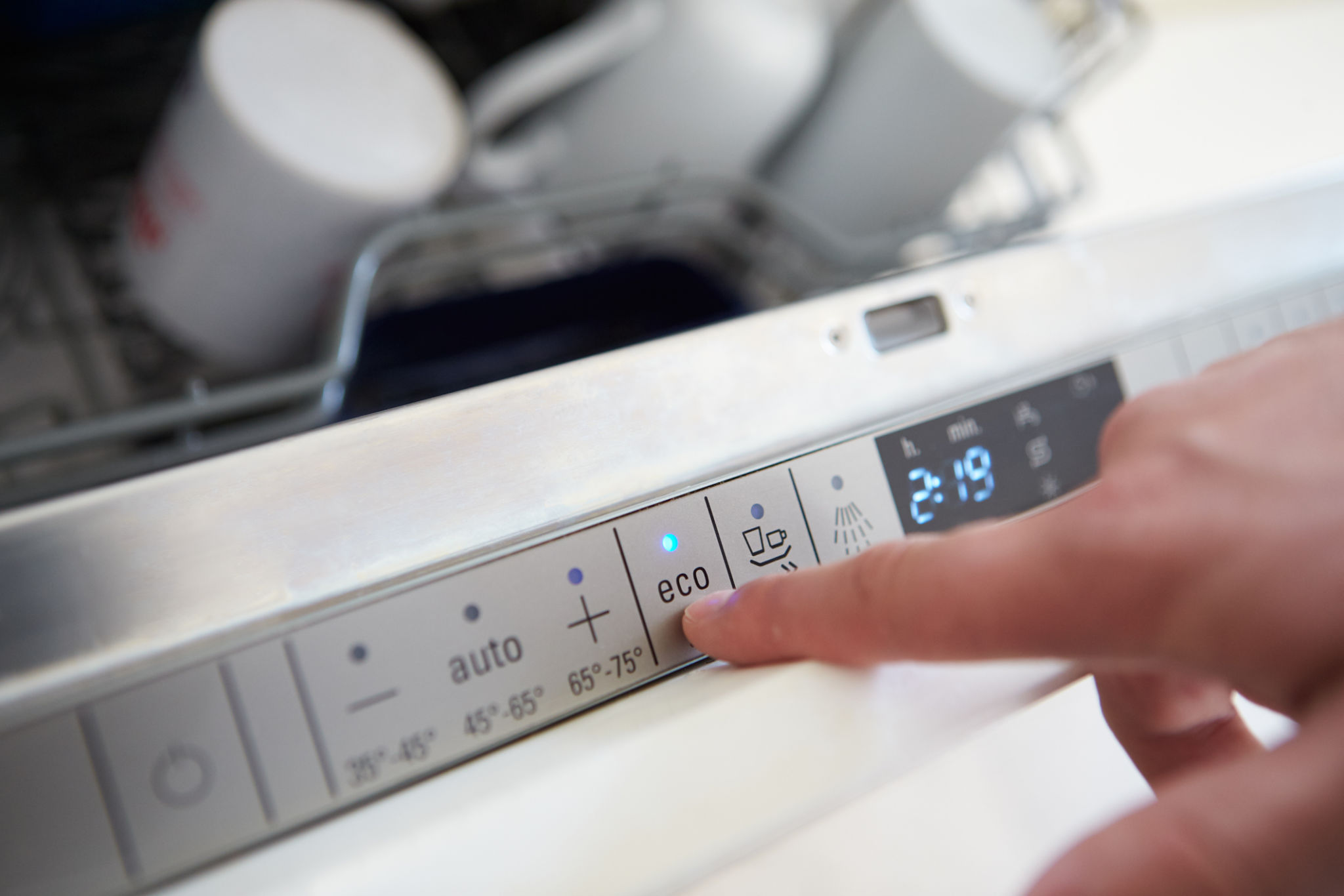Maximizing Clean Energy Savings: A Comprehensive Guide for Chicago Residents
Chicago residents have a unique opportunity to harness clean energy and maximize savings on their utility bills. As the city continues to embrace sustainable practices, understanding how to effectively use and save on clean energy can lead to substantial financial benefits. This guide offers comprehensive insights into achieving those savings while contributing to a greener environment.
Understanding Clean Energy Options
Before diving into savings strategies, it's crucial to understand the various clean energy options available in Chicago. From solar and wind to geothermal and hydroelectric power, each source comes with its own set of benefits and installation requirements. Exploring these options can help you make informed decisions about which sources are best suited for your home.
Solar energy remains a popular choice for many Chicago residents due to the availability of solar incentives and rebates. These incentives can significantly reduce the initial costs of installation, making it a viable option for many homeowners.

Invest in Energy-Efficient Appliances
One of the most straightforward ways to maximize clean energy savings is by investing in energy-efficient appliances. These appliances use less energy compared to traditional models, which can lead to significant reductions in your monthly utility bills. Look for appliances with the ENERGY STAR label, as they meet or exceed federal efficiency standards.
Upgrading your home’s lighting to LED bulbs is another effective strategy. LED bulbs use up to 75% less energy than incandescent bulbs and last significantly longer, reducing both energy consumption and replacement costs.

Utilize Smart Home Technology
Integrating smart home technology can further enhance your clean energy savings. Smart thermostats, for example, allow you to control your home’s temperature remotely and learn your habits to optimize heating and cooling efficiency. This not only increases comfort but also reduces unnecessary energy usage.
Additionally, consider using smart power strips that automatically shut off power to devices that are not in use. This prevents energy wastage from devices left in standby mode, contributing further to your savings.

Take Advantage of Local Incentives
Chicago offers several local incentives and programs aimed at promoting clean energy usage among residents. Researching these programs can unlock significant financial benefits. From property tax abatements for solar installations to grants for energy efficiency improvements, these incentives make adopting clean energy more affordable.
Joining community solar programs is another way to benefit without the need for personal solar panel installations. These programs allow you to subscribe to a local solar farm and receive credits on your electricity bill, reducing costs while supporting renewable energy.

Conduct Regular Energy Audits
An often overlooked aspect of maximizing energy savings is conducting regular energy audits. These audits assess how much energy your home uses and identify areas where energy efficiency improvements can be made. Many utility companies offer free or discounted audits to help homeowners optimize their energy usage.
By implementing suggested improvements from these audits, such as sealing leaks or adding insulation, you can further reduce your energy consumption and increase savings.
Conclusion
Maximizing clean energy savings in Chicago requires a combination of informed decision-making and proactive measures. By exploring different clean energy options, investing in efficient appliances, leveraging smart technology, taking advantage of local incentives, and conducting regular energy audits, residents can greatly enhance their savings while supporting a sustainable future.
As more Chicagoans adopt these strategies, the city moves closer to its sustainability goals, benefiting both residents and the environment in the long run.
